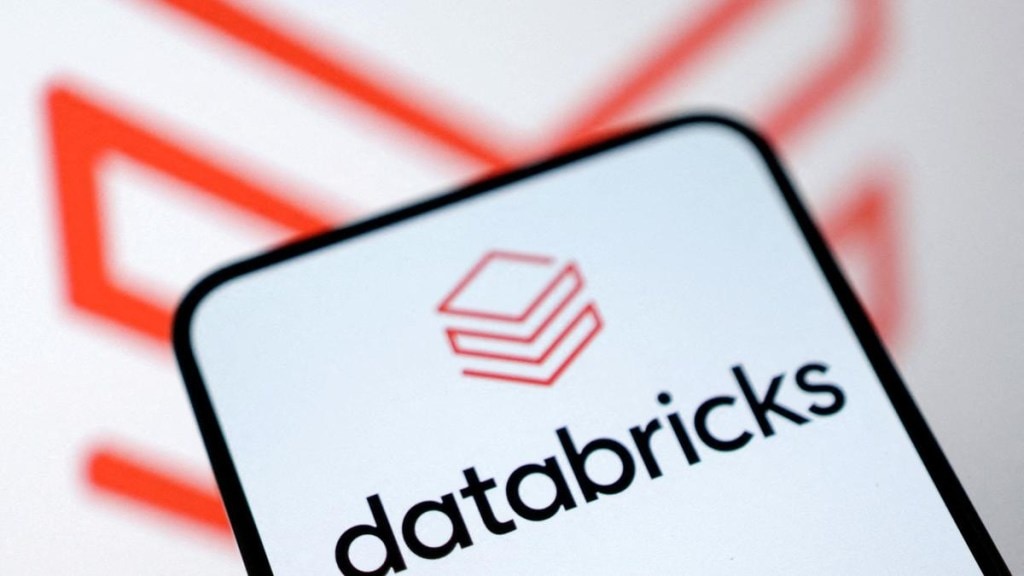Data and AI solutions provider Databricks is ramping up investments in India, betting big on the country’s digital infrastructure and appetite for AI-driven transformation. Ali Ghodsi, the firm’s co-founder and chief executive said India is a critical pillar of Databricks’ global growth strategy, calling it “a gigantic market” that’s not just showing promise but already delivering results.
“We’re investing a lot in India, which is doing really, really great,” Ghodsi said during the Databricks Data + AI Summit currently in progress in San Francisco.
“When the rest of the world is talking about recession, India is on the upswing.” The company is going beyond revenue-based decision-making, he added. “We’re not just looking at ROI (return on investment). We’re saying, let’s go more. Let’s put even more there than the numbers justify, because we’re so bullish on what’s happening in Asia.”
Ghodsi pointed to India’s advanced digital public infrastructure as a major enabler for AI innovation, highlighting both digital-native firms and legacy enterprises as key partners. “India is now ahead on digital infrastructure compared to most countries. That makes it much easier to innovate with data and AI,” he said.
He did not give any specific investment number, though he did say that the company is looking towards India for talent and attracts disproportionate applications when it goes to campuses for recruitment. “We got 700 applications for four posts we had gone to campuses with,” he said.
Globally, Databricks is steering through what Ghodsi called the “explosion phase” of AI. While the excitement around generative AI is undeniable, Ghodsi offered a measured view. “In the short term, we overestimate the impact of AI. In the long term, we vastly underestimate it,” he said, predicting that the technology will quietly and gradually revolutionise entire industries.
The company’s latest platform additions, including Agent Bricks – tools to help enterprises build and evaluate AI agents – reflect a deeper, more practical approach to AI deployment. “The focus shouldn’t be on building the smartest AI mathematician. What enterprises need are agents that can handle everyday tasks like HR or compliance with accuracy,” Ghodsi noted.
He also emphasised the need for quality control in AI workflows. “Customers said they can’t evaluate how their agents are doing in production. That’s the number one issue we heard,” he said, explaining that Agent Bricks addresses this gap through custom evaluations and performance-cost trade-offs.
While automation is accelerating, Ghodsi insisted that humans will remain central to AI systems for the foreseeable future. “We need them in the loop. People underestimate how hard it is to fully automate a task,” he said. “Society wants someone to be responsible. Who made the decision? Who approved it? That’s why humans will always be signing off.”
Even as AI development becomes increasingly capital-intensive, Databricks is taking a cautious stance. “We’re essentially cash-flow break-even and not dependent on any external capital,” Ghodsi said. The firm intends to hire 3,000 people this year. “If things slow down, we’ll hire fewer. We’ve built for sustainability,” Ghodsi explained.
He acknowledged that high valuations in the AI space had led to a bubble in some cases, but noted that consolidation would follow naturally. “We’re seeing valuations that are not rational. That means there will be acquisitions at the end of it,” he said.
(The writer was in San Francisco at the invitation of Databricks)

